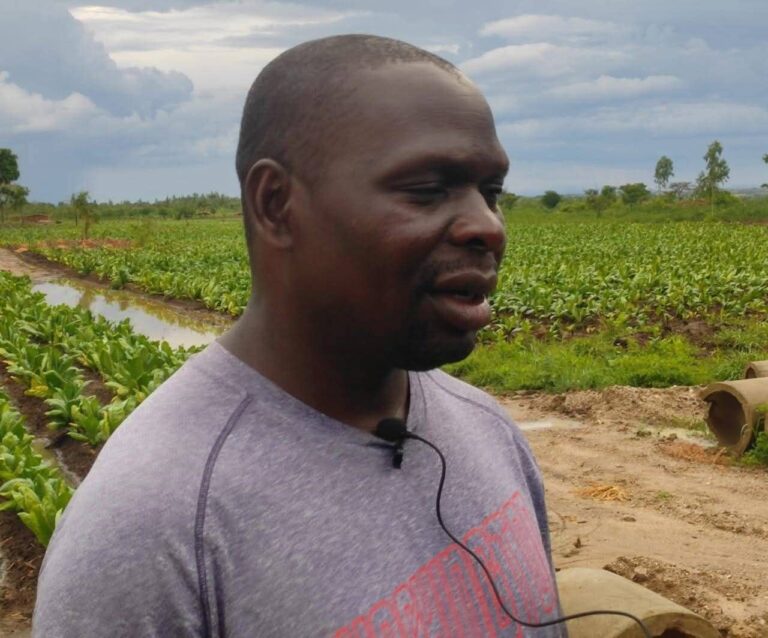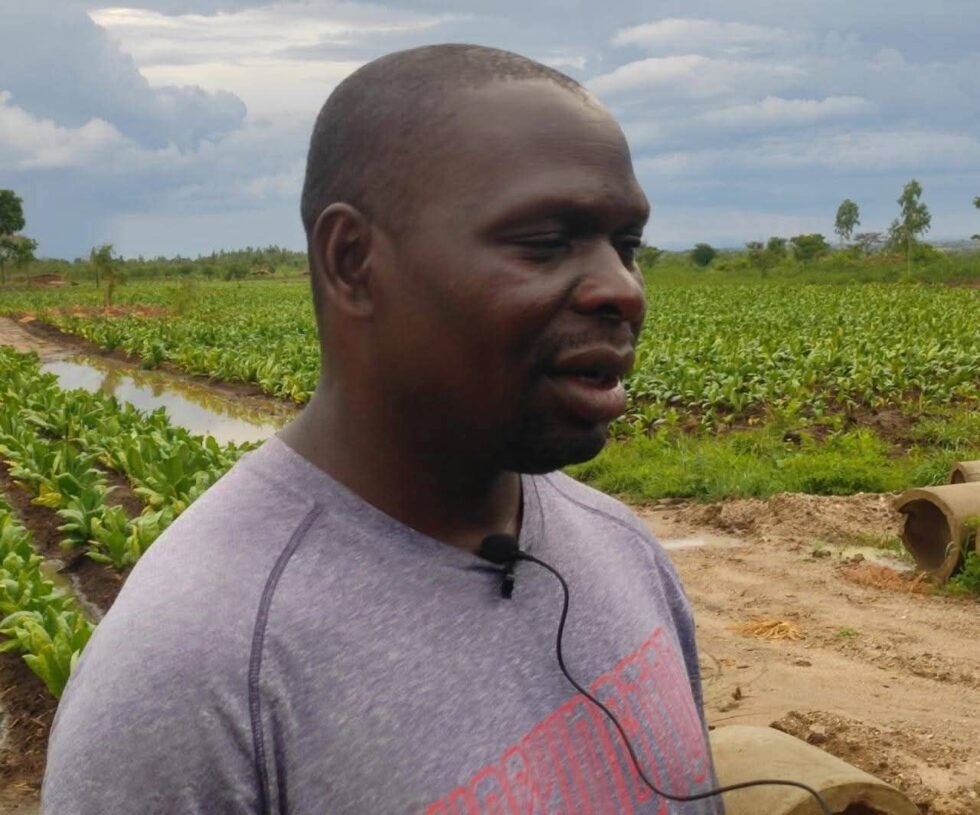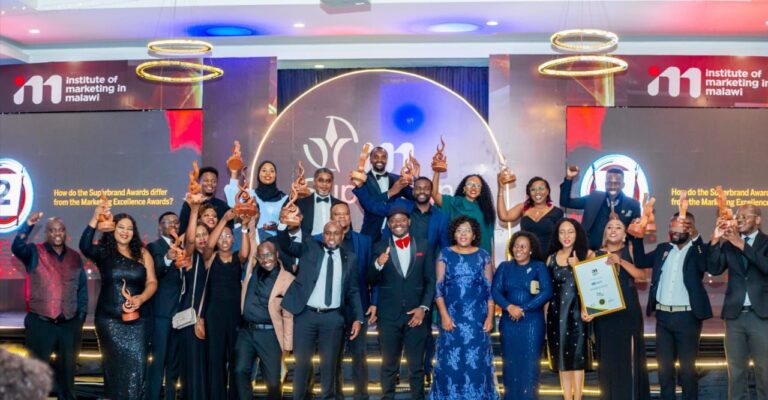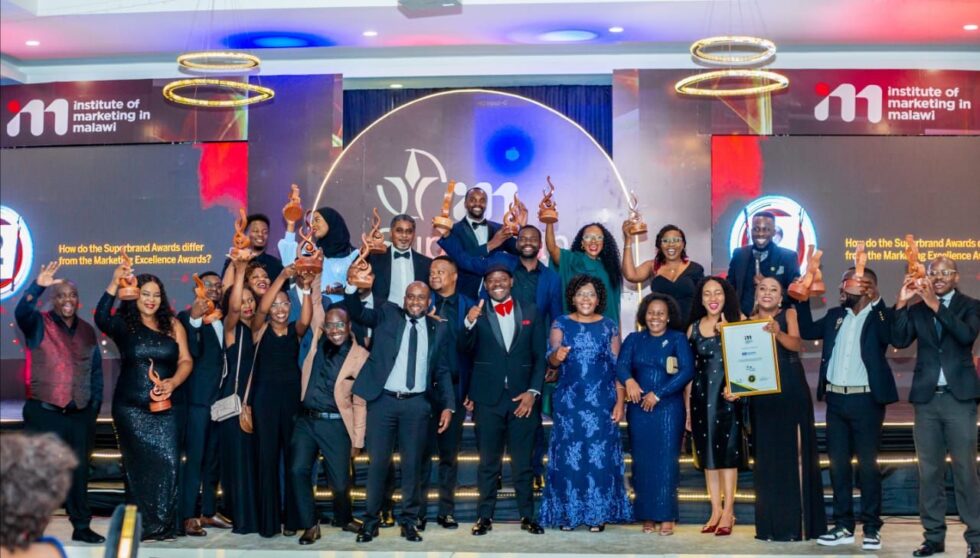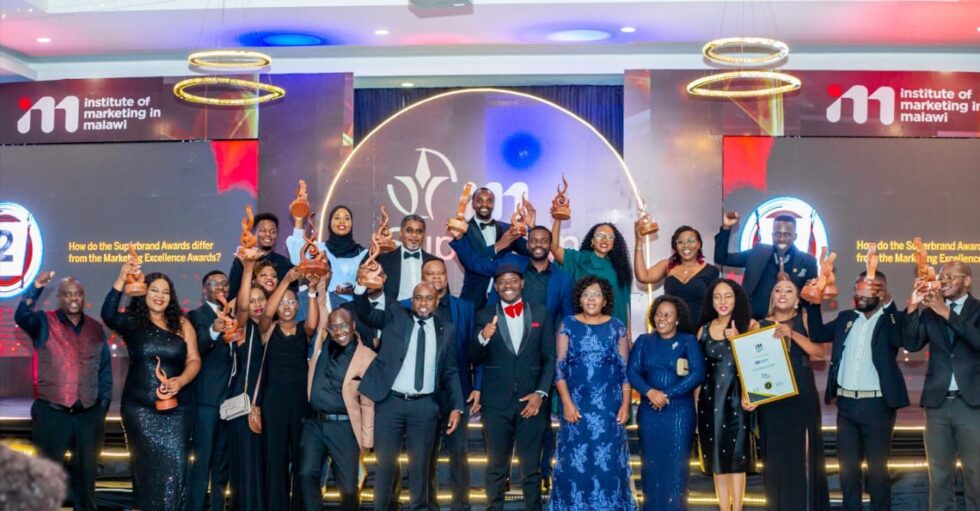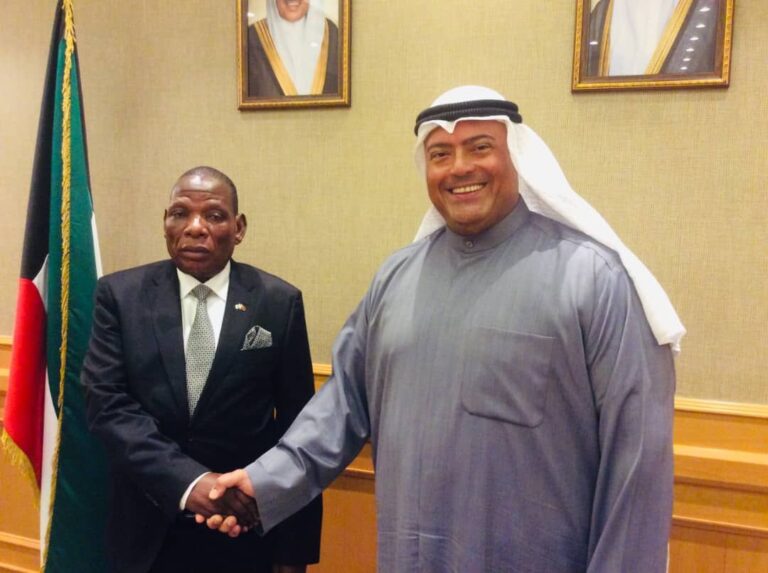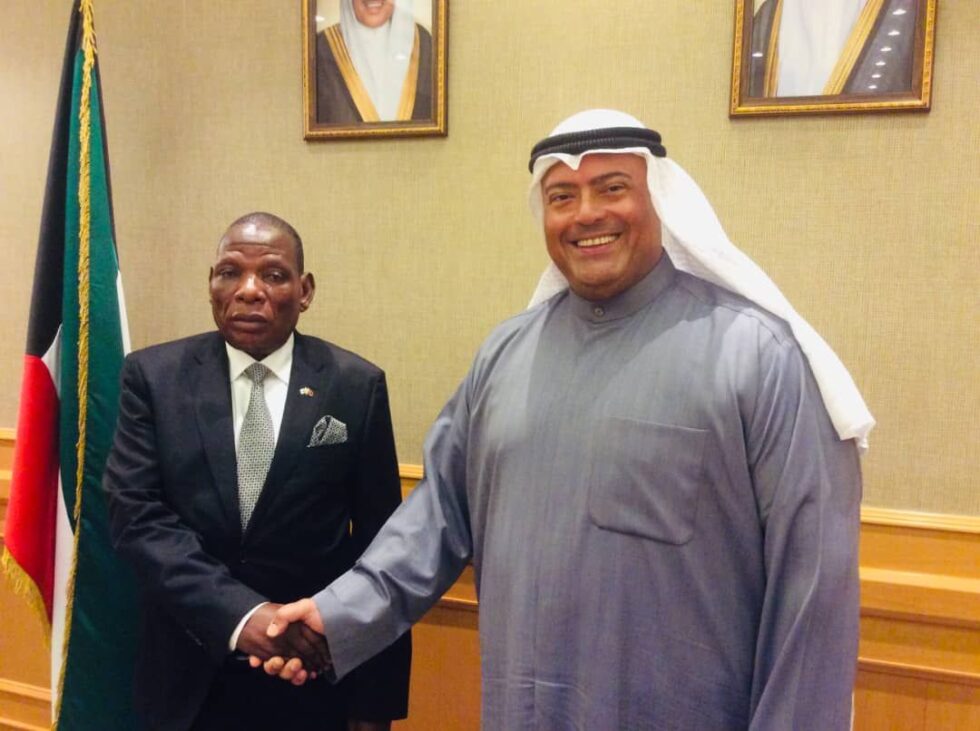By Burnett Munthali
What began as an ordinary night along the Dr Saulos Klaus Chilima Highway in Lilongwe ended in devastating silence after a violent collision claimed five lives.
Police have confirmed that the fatal crash involved a Ford Ranger and a Nissan X-Trail, leaving no survivor among the occupants of both vehicles.
Central Region Police spokesperson Foster Benjamin said the impact was so severe that all five victims died instantly at the scene.
A four-year-old girl who had been travelling in the Ford Ranger was among those whose lives were cruelly cut short.

The Nissan X-Trail was carrying four people, all of whom also perished in the collision.
Authorities have identified the driver of the Nissan X-Trail as Gerard Gwangwawa, a Zimbabwean national.
The identities of the other three occupants in the X-Trail are still being verified as police continue with formal procedures.
Investigators spent hours at the scene examining vehicle debris, road conditions, and possible contributing factors to establish what led to the crash.
Beyond the twisted metal and shattered glass lies a deeper tragedy felt in homes, classrooms, and communities now drowned in grief.
Among the deceased is Lily Liu, a student at Lilongwe Private Secondary School whose death has broken the hearts of teachers and classmates alike.
Those who knew Lily describe her as quiet, respectful, hardworking, and consistently punctual, a child whose discipline and dedication set her apart.
Her empty desk now stands as a painful reminder of dreams that will never be fulfilled and lessons that will never be completed.
School authorities say Lily’s character and commitment made her a role model despite her young age.
The loss of Lily has extended sorrow far beyond her family, touching an entire school community struggling to find words for such pain.
As news of the accident spread, many questioned how a moment on the road could erase so much life and promise.
The tragedy has once again reignited public concern over safety on Malawi’s highways, particularly during night-time travel.
Police have renewed calls for motorists to obey traffic regulations, avoid speeding, and exercise extreme caution on major roads.
Investigations into the cause of the accident are ongoing, with authorities promising to release findings once all facts are established.
Meanwhile, arrangements are underway for the burial of the Liu family, who are expected to be laid to rest on Wednesday, 17 December 2025, at Area 18 Cemetery in Lilongwe.
The funeral is expected to bring together mourners united by grief and the shared weight of an unimaginable loss.
As Lilongwe mourns, the silence left by five lost lives echoes loudly, demanding reflection, responsibility, and change.
In the memory of Lily Liu and the others who died that night, the nation is reminded that every journey matters and every life is precious.



